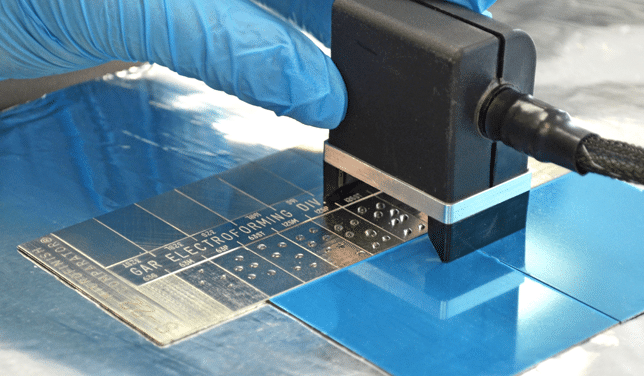A frequent question from people who use contact angle measurements to characterize surfaces and control manufacturing processes is, “What effect does surface roughness have on these measurements?”
This is a valid question, especially when dealing with surfaces that have a range of textures and roughness levels resulting from variability in molding, casting, machining, and abrasion processes.
The answer is, “it depends.” It depends on the magnitude of the roughness, and it depends on the way in which the liquid drop is deposited on the surface, and it can depend on the contact angle range being measured.
However, in most situations where one is using contact angle measurements to control surface cleaning and treatment processes, roughness effects can be ignored. In this white paper, we explain and then demonstrate why this is so.
Download the Paper: Effect of Surface Roughness on Contact Angle Measurements Obtained with the Surface Analyst™

